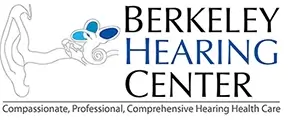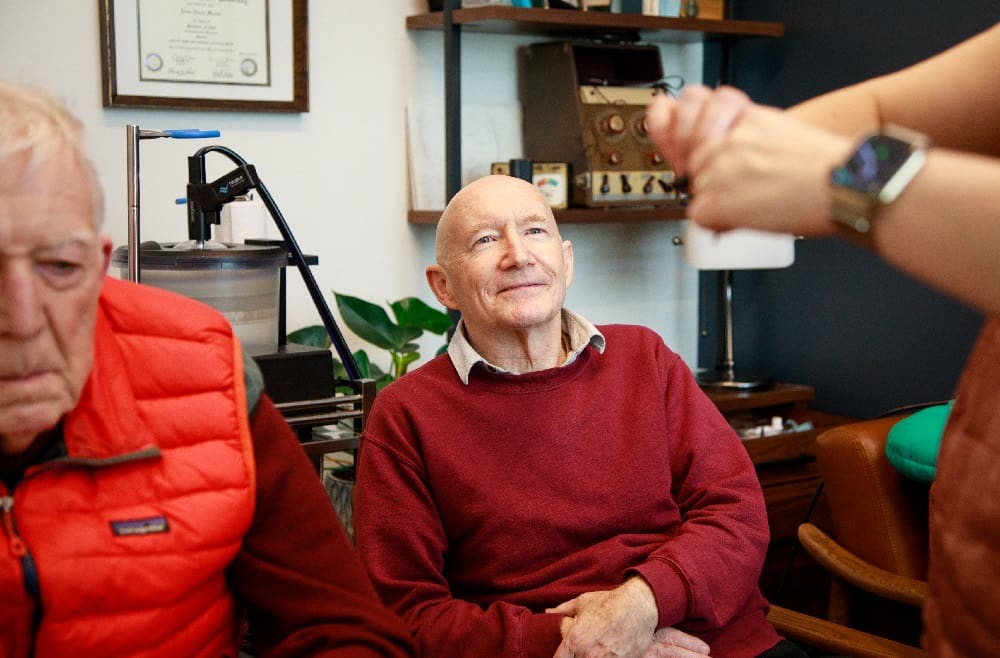2018-12-01
Jonathan Lipschutz Audiologist, M.S., F-AAA, Co-Owner
It's no big secret that hearing aids are expensive.
In the Bay Area, prices for a pair of the highest-level technology hearing aids can exceed $8000! It is this seemingly exorbitant price that encouraged 'Big Box' stores (Costco, Sam's Club, Sears, etc.) to get into the business of selling hearing aids.
With their huge buying power, they purchase quality hearing aids at greatly reduced prices(!) which they then pass on to their customers. And the prices for hearing aids in 'Big Box' stores are significantly less, as much as 50% for the highest-level technologies
‘Big Box' stores are certainly an easy and convenient place to address many of our shopping needs. You can purchase food, appliances, car tires, clothes, prescriptions, etc. all in one huge warehouse of a store. So why not hearing aids?!
Buying A Product Versus Hearing Healthcare
Let me be very clear, hearing aids for sale at 'Big Box' stores are very similar to those dispensed by audiologists in private practices and clinics/hospitals.
The hearing aid manufacturers represented in 'Big Box' stores are the same ones providing products to the audiologists.
Some of the products will have slightly less capabilities, while others may be 'locked' so you must go back to them for adjustments and/or service.
But by and large, the actual products (i.e., hearing aids, assistive devices, supplies) and years of service & warranty you receive will be roughly the same. So, if you can get roughly the same product for so much less, why would you ever go anywhere else?!
The critical differences are -
Hearing aids are unlike any other (medical) device you'll ever purchase and,
The ongoing hearing healthcare you receive with them.
Hearing aids only work as well as they are programmed and physically fit for the user. I always tell my patients it's a process.
It takes time, knowledge, and clinical expertise to do it properly.
They are very sophisticated medical devices/prosthetics, and that clinical expertise (initial programming, adjustments/fine tuning, physical fit, counseling, etc.) is all important! I could have ten people with the exact same audiometric profile, but ten very different initial settings in their hearing aids.
https://berkeleyhearing.com/wp-content/uploads/2022/05/Berkeley-CTA-banner-may-blog.jpg
There Is A Myriad Of Reasons For This:
Hearing tests use to initially program hearing aids are gross estimations of a person's hearing with large testing increments
Different acoustic properties of individual ears
Subjective nature of hearing/sound
Physical fit
These (and many other factors) play into how successful a person will be with their hearing aids. But no less important than the technical expertise is the instruction, counseling and healthcare going forward.
Above you will note that I used the term “for sale” when referring to 'Big Box' stores, and “dispensed” relative to audiologists in private practice or clinics/hospitals.
This is because when you buy hearing aids from a 'Big Box' store, you are essentially buying a product. The person you are working with very likely has little to no medical training or advanced degree, not to mention that you may not even work with the same person each time you visit!
When you get hearing aids from an audiologist in private practice, you are buying hearing healthcare.
Audiologists have advanced degrees (Master's or Doctorate) in Audiology, with specialized training in hearing aids (sound processing, acoustics, manufacture), anatomy/physiology of the ears and neural pathways, psychoacoustics (how we perceive sound), hearing conservation, auditory rehabilitation, etc.
If fitting hearing aids were a simple procedure with the same outcomes regardless of who 'fit' them, it would make no sense to pay so much more to get them from a private practice audiologist or clinic/hospital.
But properly fitting hearing aids is not a simple procedure, and outcomes can vary considerably depending on the person fitting them.
It takes great knowledge, expertise, patience, and care. Something 'Big Box' stores, by their very nature, aren't designed for.
That is why most people who initially purchase their hearing aids at a 'Big Box' store opt to go with hearing healthcare the next time.
When it comes to hearing aids, you really do get what you pay for!
If you or a loved one is confused about your options and needs support in your hearing healthcare journey, the best place to start is with a comprehensive hearing assessment.
Schedule an appointment with an audiologist to determine the best option for you.
Jonathan Lipschutz Audiologist, M.S., F-AAA, Co-Owner






